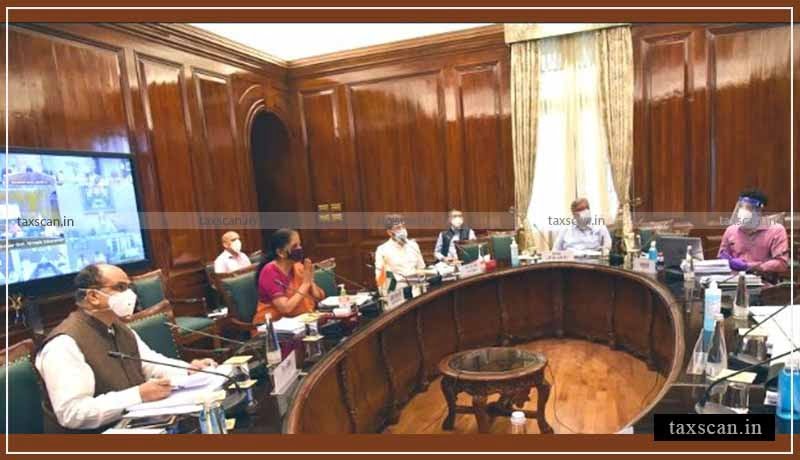GST Council Meet Day 1: Tax Exemption for Certain Items Approved, Sources

The GST Council on Tuesday reportedly approved the changes in tax rates on some goods and services while allowing states to issue an e-way bill for intra-state movement of gold and precious stones.
The 47th meeting of the GST Council has started today at 11 a.m. to discuss various important changes including the changes in tax rates and slabs.
The Council, chaired by Finance Minister Nirmala Sitharaman and comprising state counterparts, also cleared a host of compliance procedures for GST-registered businesses along with a GoM report on high-risk taxpayers to check evasion.
In the meeting, the Council also accepted the interim report of the group of state finance ministers, headed by Karnataka Chief Minister Basavaraj S Bommai, on rate rationalisation, including correction of inverted duty structure and removing tax exemption on some items, to simplify the rate structure, reports said.
The GoM had suggested withdrawal of GST exemption on a host of services including on hotel accommodation of less than Rs 1,000 per day and replacing it with a 12 per cent tax.
It also recommended a levy of 5 per cent GST on room rent (excluding ICU) charged for hospitalised patients where the hospital room charges are above Rs 5,000 per day.
It wanted all post office services other than postcards and inland letters, book post and envelopes weighing less than 10 gm, to be taxed. Also, cheques, loose or in book form should be taxed at 18 per cent, the GoM recommended.
The GoM favoured withdrawal of exemption given to renting of residential dwellings by businesses for residential use.
With regard to e-way bill on intra-state movement of gold, jewellery and precious stones to check evasion, the Council recommended that states can decide on the threshold above which the electronic bill is to be made mandatory.
A panel of state ministers had also recommended the threshold to be Rs 2 lakh and above.
With regard to high-risk taxpayers, a report of a panel of state finance ministers had suggested verification after registration for high-risk taxpayers under GST, besides using verification of electricity bill details and bank accounts for identifying such taxpayers. All the other suggestions might be discussed in the meeting tomorrow.
Support our journalism by subscribing to Taxscan AdFree. Follow us on Telegram for quick updates.


